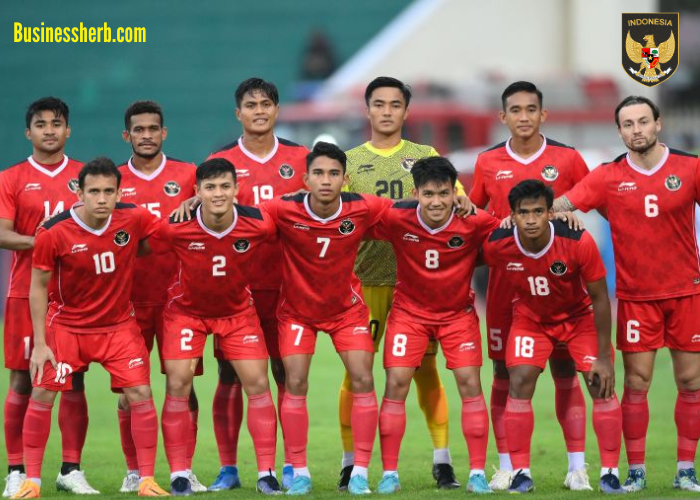In the world of football, few things capture the imagination and unite a nation quite like the national team. For Indonesia, this team is known as Tim Nasional Sepak Bola Indonesia, and its journey is one of transformation and aspiration. In this SEO-friendly article, we will delve deep into the rich history, the challenges faced, and the bright future that lies ahead for Indonesian football.
The Birth of Indonesian National Football
Indonesian football has a history that dates back to the early 20th century when the Dutch colonial rulers introduced the sport to the archipelago. It was during this period that the foundation for Indonesian football was laid, and local clubs and teams began to take shape.
However, the true birth of the Indonesian national football team can be traced back to 1934 when the team, known as the Dutch East Indies national football team, made its international debut. This marked the beginning of a journey that would see the team evolve into Tim Nasional Sepak Bola Indonesia.
Challenges and Setbacks
While Indonesian football has had its moments of glory, it has also faced numerous challenges and setbacks along the way. One of the most significant challenges has been the lack of consistent development and infrastructure. Unlike some of its Southeast Asian neighbors, Indonesia has struggled to build a strong grassroots football structure.
Another major challenge has been the issue of governance and corruption within the Indonesian Football Association (PSSI). These issues have often led to controversies and disputes that have hampered the growth of the sport in the country.
Despite these challenges, Indonesian football has produced some notable talents who have gone on to play for top clubs in Europe and Asia. Players like Bambang Pamungkas, Irfan Bachdim, and Evan Dimas have represented Indonesia with distinction on the international stage.
The Bright Future
Despite the challenges, there is a sense of optimism surrounding the future of Tim Nasional Sepak Bola Indonesia. The Indonesian government has recognized the importance of football in uniting the nation and has pledged support for the development of the sport.
One of the key initiatives aimed at boosting Indonesian football is the Liga 1, the country’s top tier football league. The league has attracted international attention and investment, leading to improved facilities, better coaching, and increased exposure for Indonesian players.
Additionally, there has been a growing emphasis on youth development in recent years. Football academies and grassroots programs are being established to nurture young talents from a very early age. This investment in the future generation of Indonesian footballers is expected to yield positive results in the coming years.
The Rise of Indonesian Football on the International Stage
Tim Nasional Sepak Bola Indonesia has made strides on the international stage as well. While they have yet to qualify for the FIFA World Cup, they have been competitive in regional competitions like the ASEAN Football Championship (AFF Suzuki Cup).
One of the most memorable moments in recent Indonesian football history came in the 2018 AFF Suzuki Cup when the national team reached the semifinals. The team’s impressive performance captured the hearts of Indonesian football fans and showcased the potential of the squad.
The Road Ahead
As Tim Nasional Sepak Bola Indonesia looks to the future, there are several key areas that will be crucial to its continued growth and success.
Youth Development
Investing in youth development programs and academies will be essential to producing a steady stream of talented young players.
Infrastructure
The construction and improvement of football stadiums and training facilities will provide the necessary infrastructure for the growth of the sport.
Good Governance
Addressing governance and corruption issues within the PSSI will be important for maintaining transparency and accountability in the sport.
International Exposure
Participating in international tournaments and friendlies will help Indonesian players gain valuable experience and exposure to different styles of play.
Conclusion
Tim Nasional Sepak Bola Indonesia has come a long way since its inception in the early 20th century. While there have been challenges and setbacks along the way, there is a palpable sense of optimism surrounding the future of Indonesian football. With continued investment in youth development, infrastructure, and good governance, Indonesian football is poised to make a mark on the international stage and fulfill the aspirations of millions of football fans in the archipelago. The journey of transformation and aspiration continues, and the world is watching as Indonesia’s national team rises to new heights in the beautiful game.

